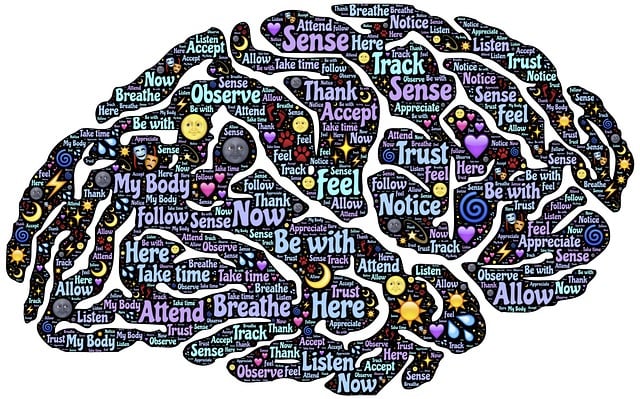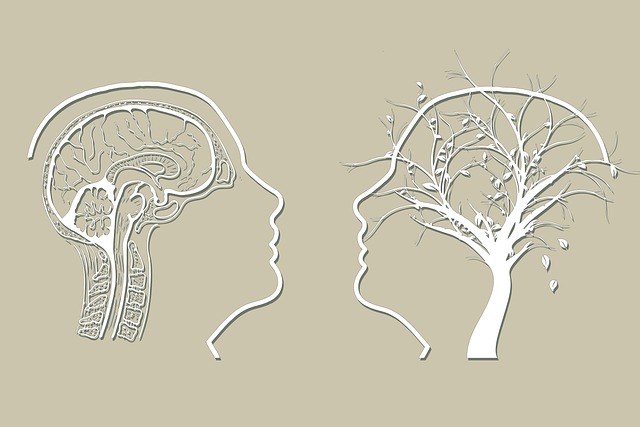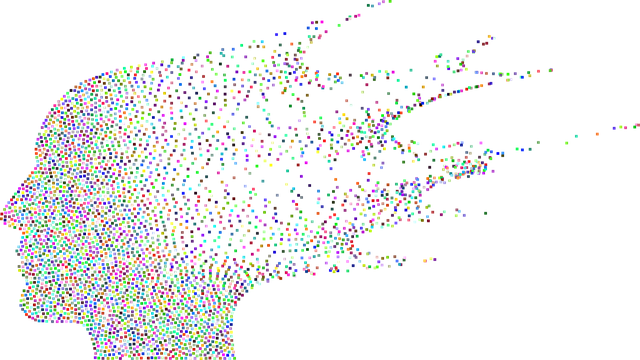Media portrayal significantly shapes public perceptions of mental health, with accurate depictions reducing stigma and encouraging help-seeking behaviors. In cities like Denver, where domestic violence therapy services are accessible, responsible media coverage can empower victims to access care. However, sensationalized or stereotypical media may deter individuals due to fear of judgment. To counter this, media outlets must prioritize Mental Illness Stigma Reduction Efforts, collaborating with mental health professionals like Denver Domestic Violence Therapy for accurate, compassionate storytelling. This approach challenges negative portrayals, educates the public, and fosters understanding, leading to increased empathy and support for those facing mental health challenges, particularly in domestic violence situations.
Mental illness representation in media significantly impacts public perception and understanding of mental health. This article explores how inaccurate or biased portrayals can perpetuate stigma and offer solutions through case studies, such as Denver Domestic Violence Therapy, which challenges stereotypes. We discuss effective strategies for enhancing positive mental illness representation and highlight the crucial roles of media literacy and therapy collaboration in fostering change. By examining these aspects, we aim to promote a more nuanced and empathetic understanding of mental health issues.
- Understanding the Impact of Media Portrayal on Mental Health Perception
- Denver Domestic Violence Therapy: A Case Study on Challenging Stereotypes
- Effective Strategies to Enhance Positive Mental Illness Representation
- Fostering Change: The Role of Media Literacy and Therapy Collaboration
Understanding the Impact of Media Portrayal on Mental Health Perception

Media portrayal plays a significant role in shaping public perceptions about mental health. The way mental illness is depicted in movies, television shows, and news articles can influence how society understands and treats individuals struggling with these conditions. Positive and accurate representations can help reduce the stigma surrounding mental illness, fostering empathy and support for those seeking help. Conversely, negative or stereotypical portrayals can perpetuate misconceptions, leading to further marginalization of already vulnerable communities.
For instance, in Denver, where domestic violence therapy services are readily available, media narratives that humanize individuals with mental health challenges can encourage victims to come forward and access the necessary care. On the other hand, sensationalized or stigmatizing media coverage may deter people from seeking help, fearing judgment or further isolation. Thus, it is crucial for media outlets to engage in Mental Illness Stigma Reduction Efforts, ensuring accurate representation that promotes understanding and encourages self-awareness exercises among both consumers and mental health professionals, as highlighted by the Risk Assessment process.
Denver Domestic Violence Therapy: A Case Study on Challenging Stereotypes

Denver Domestic Violence Therapy is a pioneering initiative that challenges traditional media portrayals of mental illness and domestic violence. By focusing on evidence-based practices, this therapy program dismantles harmful stereotypes often associated with individuals seeking help for these issues. The approach emphasizes conflict resolution techniques as a means to foster healthier relationships and emotional intelligence among participants.
Through compassionate cultivation practices, the therapy provides a safe space for clients to process their experiences, enhancing their emotional resilience and well-being. This case study exemplifies how media representation can be transformed by showcasing recovery stories that encourage empathy and understanding. By adopting innovative strategies, Denver Domestic Violence Therapy sets a benchmark for effective mental health support, ensuring individuals receive the compassion and care they deserve.
Effective Strategies to Enhance Positive Mental Illness Representation

In order to effectively challenge negative representations of mental illness in media, it’s crucial to adopt strategies that promote accurate and compassionate storytelling. One such approach involves collaborating with mental health professionals, such as those available at Denver Domestic Violence Therapy, to ensure factual accuracy and sensitive portrayal. By integrating real-life experiences and insights from experts, media creators can craft narratives that not only educate but also foster understanding and empathy among audiences.
Additionally, focusing on character development rather than simply using mental illness as a plot device can make a significant difference. Implementing conflict resolution techniques and showcasing effective mood management strategies within these storylines can contribute to Mental Health Awareness, demonstrating that individuals with mental health challenges can lead fulfilling lives. This not only debunks stereotypes but also inspires hope and encourages viewers to seek support when needed.
Fostering Change: The Role of Media Literacy and Therapy Collaboration

Media plays a pivotal role in shaping societal perceptions about mental health, often influencing how we understand and respond to conditions like depression, anxiety, or even more severe cases. To foster positive change, there’s a growing emphasis on media literacy and collaboration between therapists and media professionals. By educating the public about responsible mental illness representation, we can combat stereotypes and promote empathy. This approach is especially crucial in addressing issues like domestic violence, where awareness and understanding can encourage victims to seek help.
In Denver Domestic Violence Therapy, for instance, collaborations between therapists and media experts aim to teach individuals how to recognize and challenge negative portrayals of mental health. Encouraging emotional regulation, mood management, and mindfulness meditation techniques through accessible media can empower individuals to take control of their mental well-being. This holistic approach leverages the power of media to not only represent mental illness accurately but also offer practical tools for those dealing with similar challenges.
Media representation plays a pivotal role in shaping societal perceptions about mental health. By examining case studies like Denver Domestic Violence Therapy, we can identify harmful stereotypes and work towards challenging them. Implementing effective strategies, such as enhancing positive mental illness representation and fostering media literacy, is essential to creating a more compassionate and informed society. Collaboration between therapy professionals and media outlets is crucial in this endeavor, ensuring that stories of recovery and resilience become the norm rather than exceptions. Through these collective efforts, we can navigate towards a more nuanced and supportive narrative surrounding mental health issues.














